15 Hollywood Actors Who Demanded Equal Pay
The gender wage gap in the United States remains significant. Women still make 82 cents for every dollar a man earns. The numbers are even lower for women of color, with projected parity extending into the 22nd century for Hispanic women. That imbalance shows up in Hollywood, too, where well-known actors have found themselves underpaid despite equivalent roles.
These celebrities took action—on set, in boardrooms, and in the press—to correct that imbalance in real terms.
Jennifer Lawrence
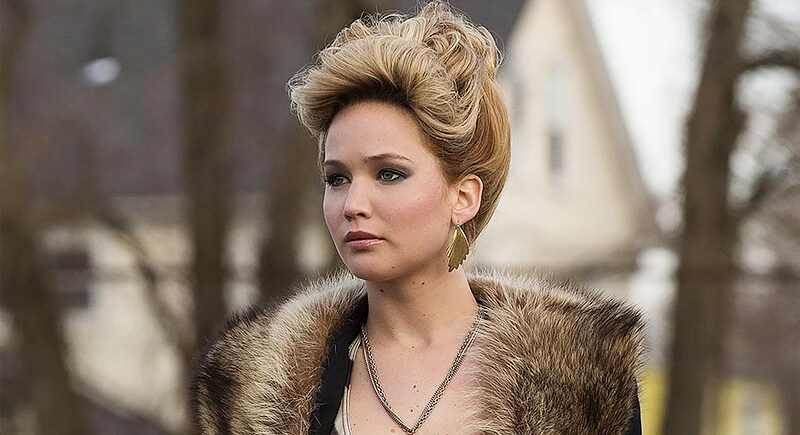
Credit: IMDb
When American Hustle’s salary details leaked, Jennifer Lawrence saw that she had earned less than her male co-stars. She responded with a personal essay and admitted she hadn’t argued out of fear of seeming difficult. Since then, she has become vocal in interviews about fair compensation and how actors, especially women, need to treat negotiation as a standard part of the job.
Bryce Dallas Howard
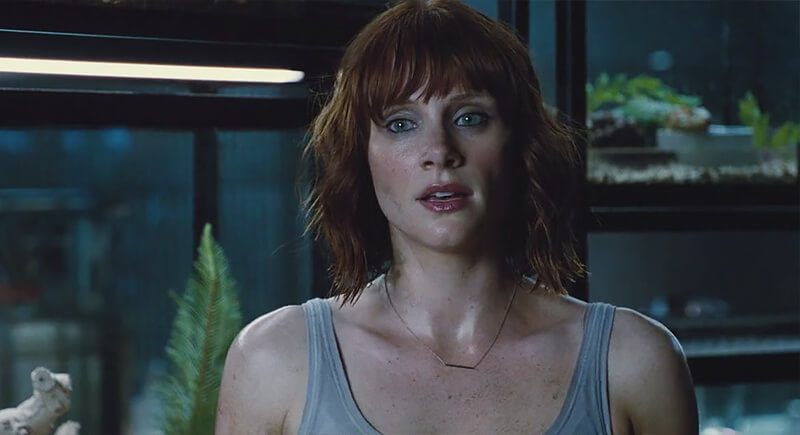
Credit: IMDb
During the Jurassic World sequels, Chris Pratt discovered Bryce Dallas Howard was paid less than he was. He addressed the gap privately and helped her negotiate better deals tied to franchise extensions—things like merchandise, theme park rights, and video games. Howard later confirmed his support made a real difference.
Emmy Rossum
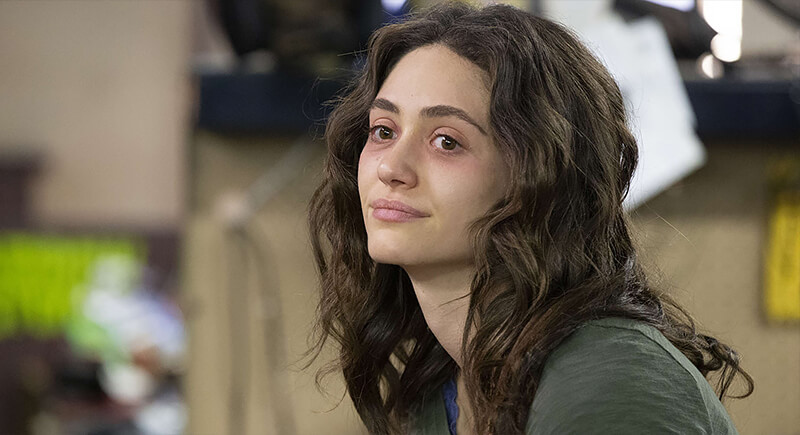
Credit: IMDb
Emmy Rossum refused to return to Shameless for season eight until she secured pay equal to William H. Macy’s. She requested slightly more to make up for prior years of lower compensation. The studio eventually accepted her terms; meanwhile, Macy publicly supported her and acknowledged her role as central to the series.
Patricia Arquette
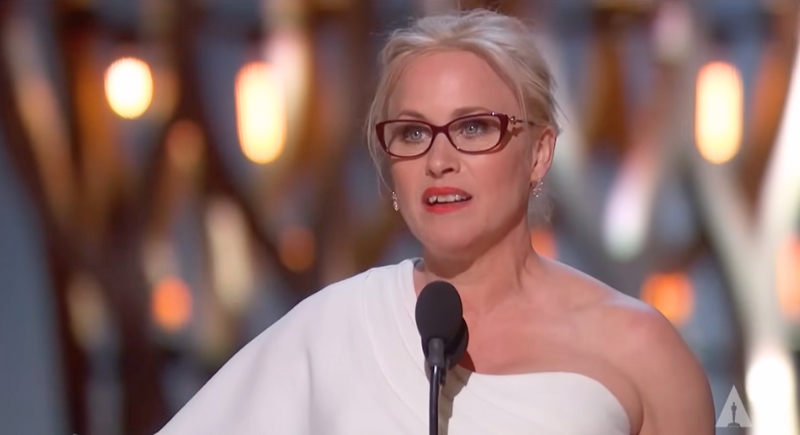
Credit: Youtube
Patricia Arquette addressed wage inequality during her 2015 Oscar acceptance speech and turned it into a national conversation. Her comments drew widespread attention, but she didn’t treat the moment as the end of her involvement. She participated in policy discussions, testified before lawmakers, and rejected roles that undervalued her work.
Sienna Miller
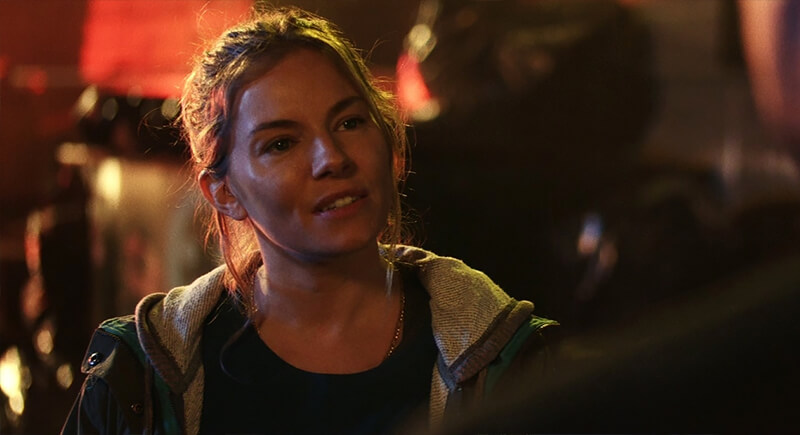
Credit: IMDb
Support from Chadwick Boseman changed the outcome of Sienna Miller’s negotiations on 21 Bridges. After her request for fair pay was declined, citing budget constraints, Boseman volunteered a portion of his own salary to close the gap. That support not only secured her raise, but it also highlighted how allyship can directly impact equity.
Jessica Chastain
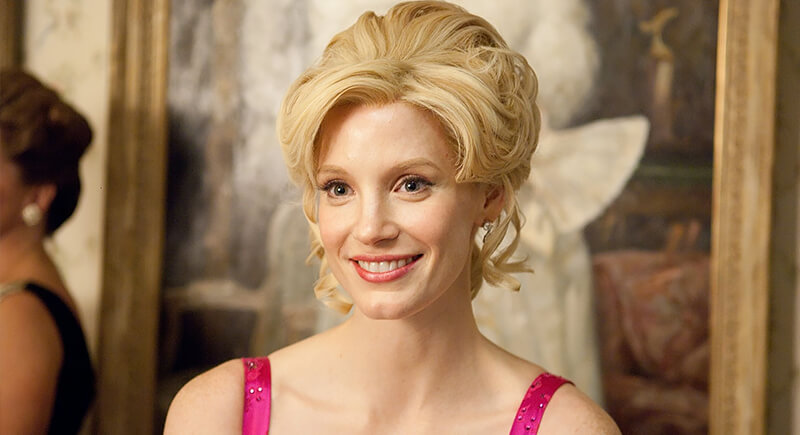
Credit: IMDb
When producers didn’t match Jessica Chastain’s salary to that of a male co-star, she walked away without hesitation. On a separate project, she linked her deal to Octavia Spencer’s, which led to an increase in her co-star’s pay. At the end of the day, she used her contract as a tool, not just a formality.
Octavia Spencer
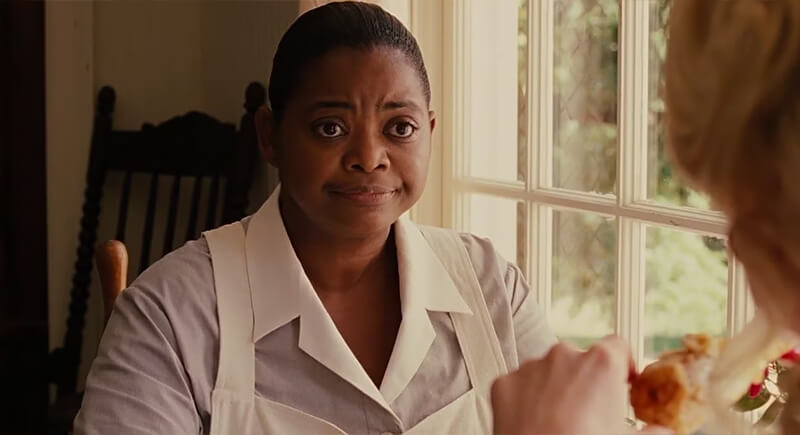
Credit: IMDb
Octavia Spencer spoke out for years about unequal pay but saw little change. She discussed how studios often acknowledged the issue without adjusting their offers. That pattern continued until Jessica Chastain stepped in on a shared project and tied their salaries. The move forced a raise in Spencer’s rate.
Charlize Theron
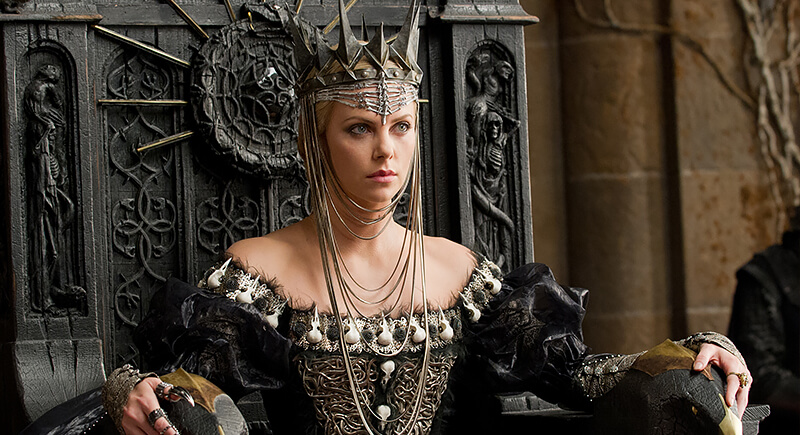
Credit: IMDb
Charlize Theron entered discussions for The Huntsman sequel: the project wouldn’t move forward without a level playing field. She discovered Chris Hemsworth had been offered more and immediately demanded the same rate. This came shortly after the Sony hack revealed widespread salary gaps, but Theron didn’t bow down to public pressure.
Amanda Seyfried
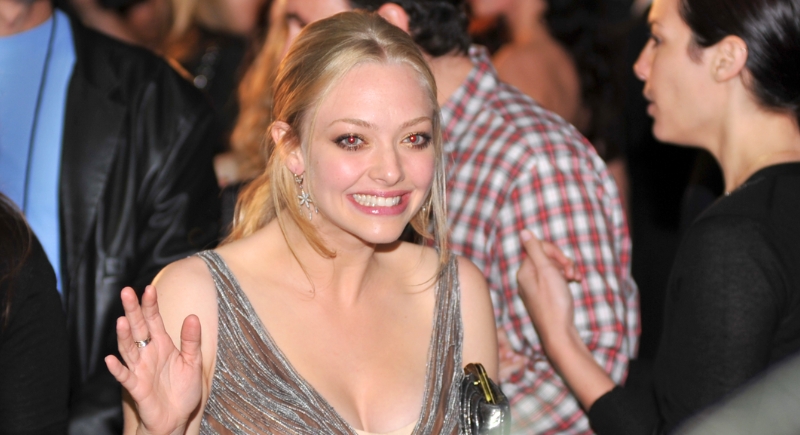
Credit: Wikimedia Commons
When she realized she was earning just 10 percent of a male co-star’s salary on a major film, Amanda Seyfried started to rethink how she handled deals. Both actors had similar roles and experience, yet the pay gap went unchallenged at the time. She didn’t reveal the project, but later opened up about the story to warn others.
Michelle Williams
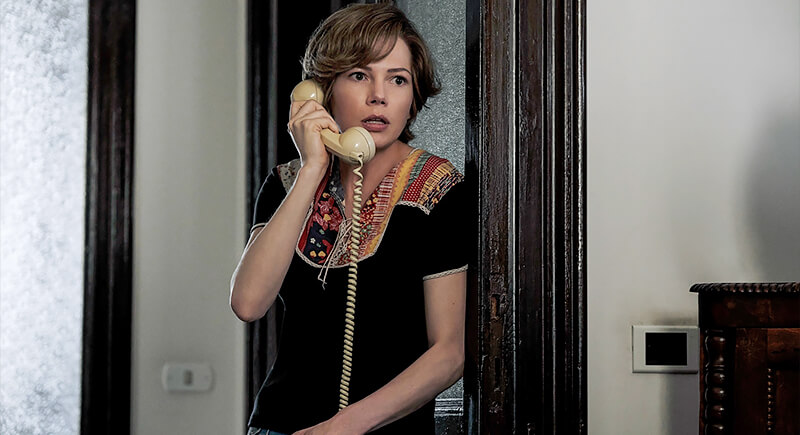
Credit: IMDb
The difference in pay in All the Money in the World became the talk of the town when reshoot figures revealed a stunning disparity—under $1,000 for Michelle and $1.5ams, $1.5 million for Mark Wahlberg. She testified before Congress to support the Paycheck Fairness Act.
Natalie Portman
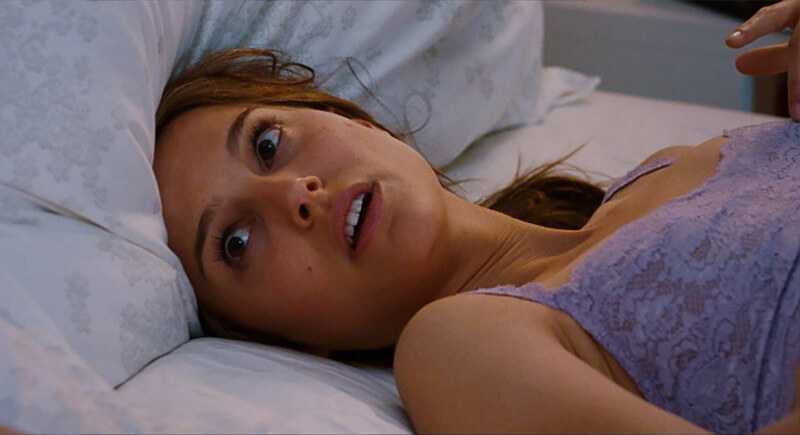
Credit: IMDb
Natalie Portman revealed she was paid three times less than Ashton Kutcher for their 2011 film No Strings Attached. She didn’t learn the specifics until after filming ended and later described the pay difference as “crazy.” Though she acknowledged Kutcher wasn’t at fault, she emphasized that the system allowed such disparities without question.
Robin Wright

Credit: IMDb
We all saw Claire Underwood take control on the House of Cards, and Robin Wright made sure the same happened off-screen. When she learned Kevin Spacey earned higher funds, she met directly with producers and said she’d go public unless they corrected it. They agreed, all because she brought viewership data to support her case.
Gillian Anderson
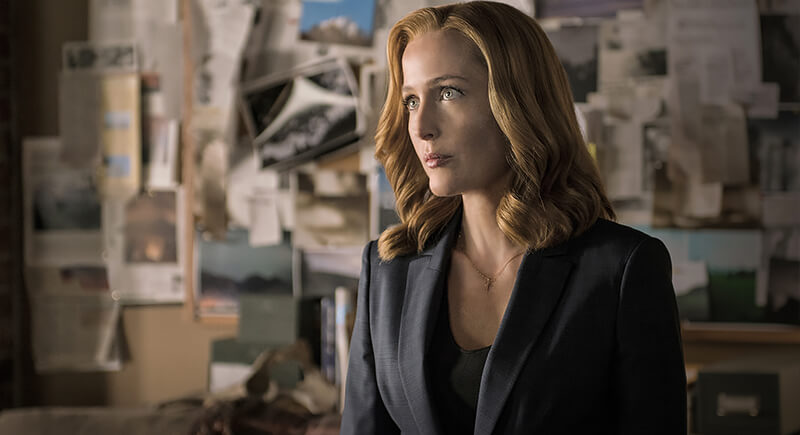
Credit: IMDb
Gillian Anderson earned less than David Duchovny throughout much of The X-Files despite sharing lead status. When the show was revived, she faced the same disparity—offered just half of Duchovny’s rate. She declined the offer, which prompted the people in charge to adjust.
Claire Foy
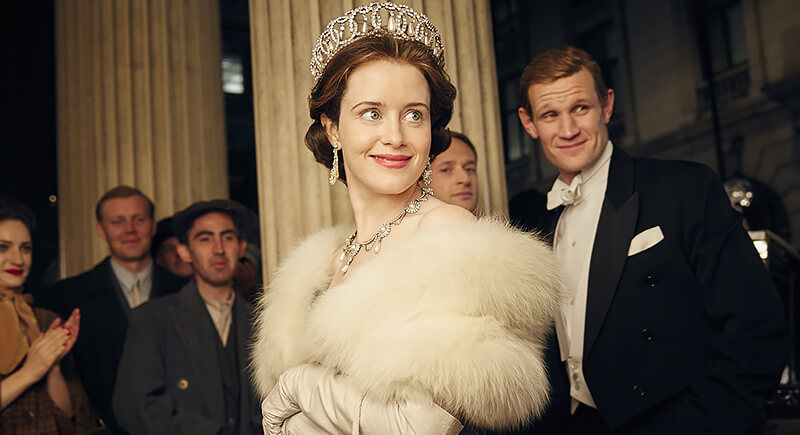
Credit: IMDb
Controversy around The Crown prompted Claire Foy to reexamine how she approached her contracts. After headlines questioned the show’s salary structure, producers issued her back pay and made a public apology. Foy later reflected on the experience and admitted that she hadn’t reviewed the original deal closely.
Julie Delpy
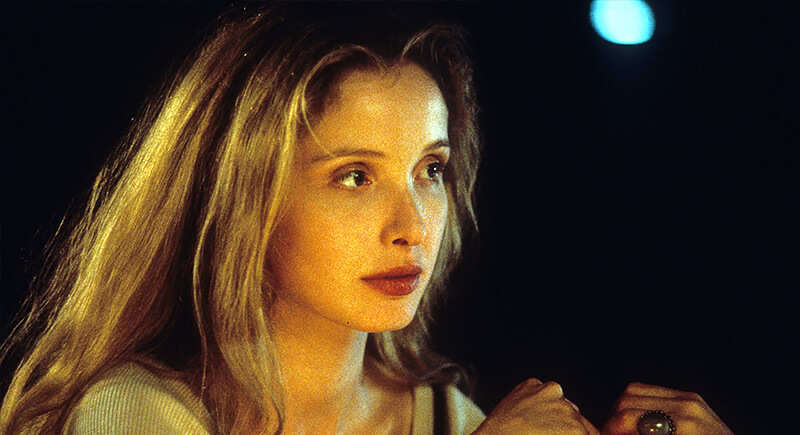
Credit: IMDb
Not wanting to rock the boat kept Julie Delpy from challenging unfair wages on Before Sunrise and Before Sunset, where she earned significantly less than Ethan Hawke. By the time Before Midnight came around, she took a different approach by refusing to join the project unless she received equal pay.